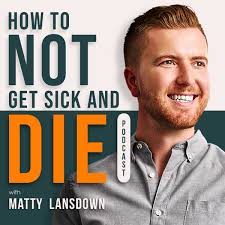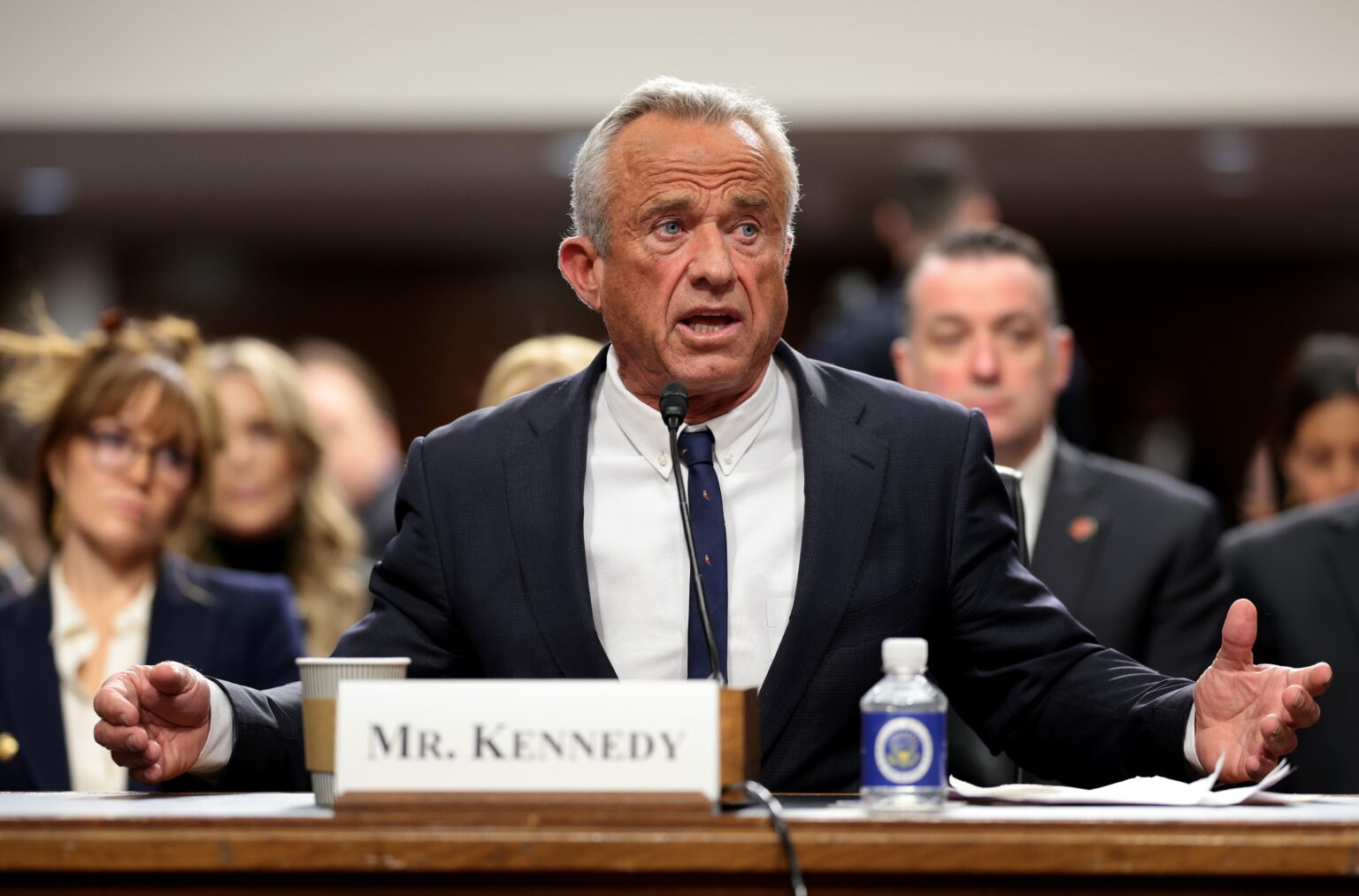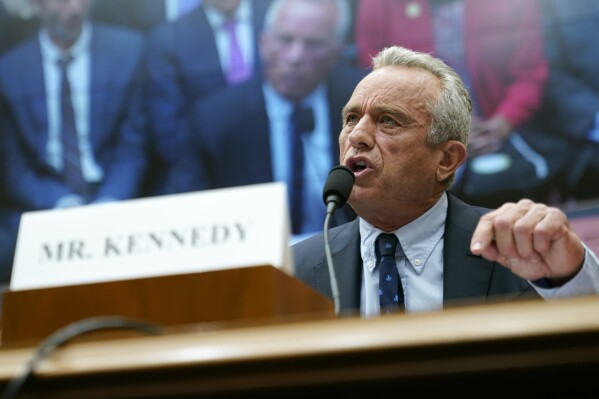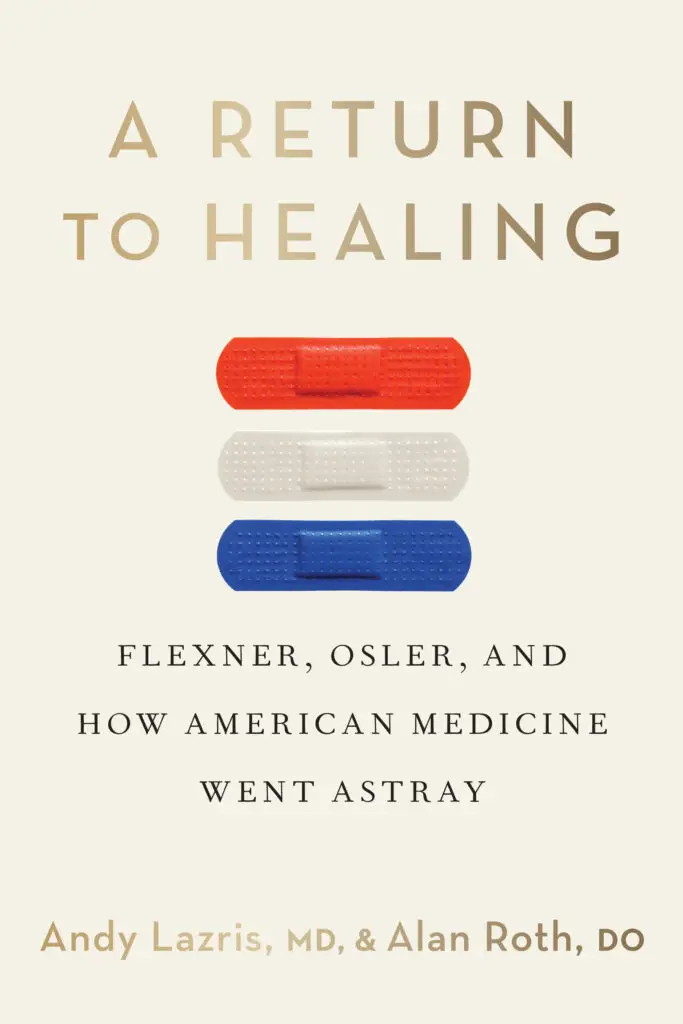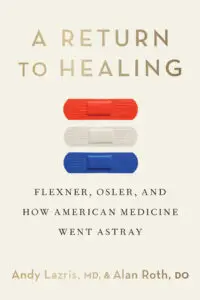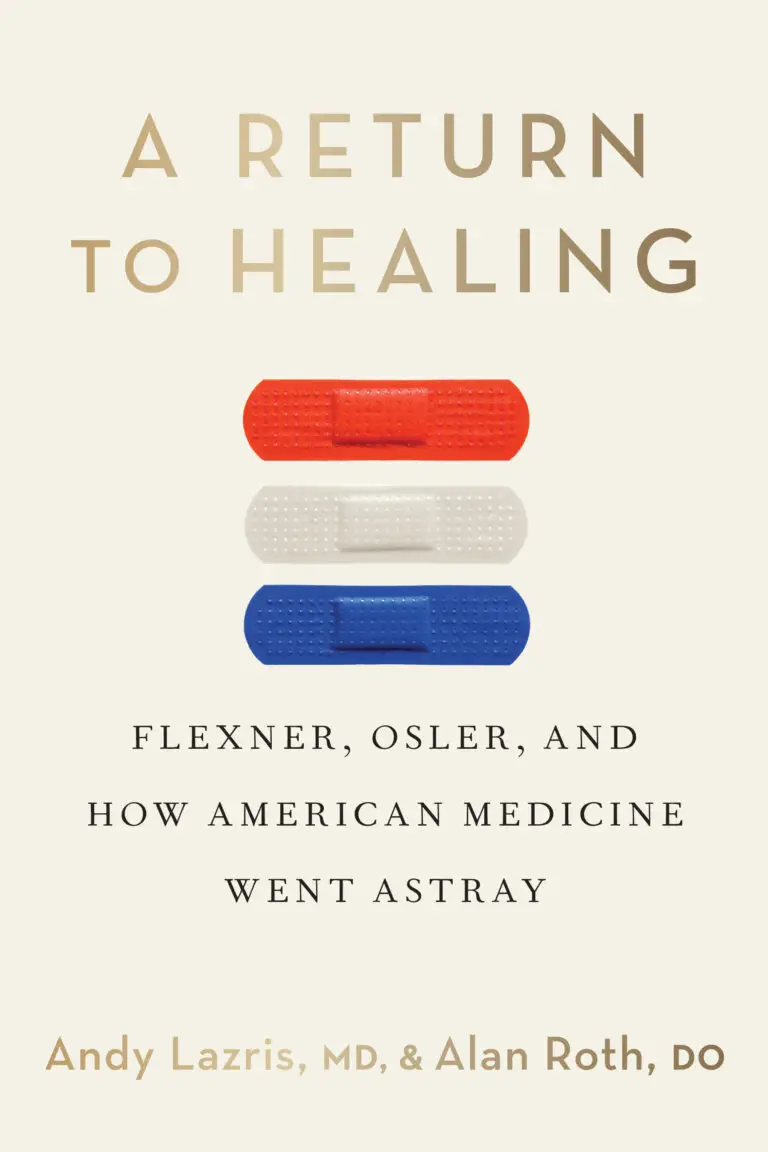Vaccines have become one of the most divisive topics in American healthcare, fueled by debates around public safety, corporate influence, and individual freedom.
Robert F. Kennedy Jr., a prominent figure in these debates, has made headlines through his outspoken criticism of vaccines and vaccine mandates.
In their book, A Return to Healing, Dr. Andy Lazris and Dr. Alan Roth also critique the healthcare system, but their approach to vaccines and public health is nuanced, highlighting a different path forward.
Here’s how RFK Jr.’s perspective aligns—and diverges—from our ideas presented in A Return to Healing.
Vaccines and Public Health: Vital Tools, Not One-Size-Fits-All Solutions
Vaccines have helped eradicate deadly diseases like smallpox and polio. They continue to protect millions from serious illnesses, demonstrating the power of scientific innovation when used responsibly.
But while vaccines are a vital public health tool, they are not a universal solution for every patient in every situation. Public health succeeds when policies are based on both science and human understanding—not one-size-fits-all mandates.
Healing happens when patients are treated as individuals, not statistics.
RFK Jr.’s Stance on Vaccines and Medical Freedom
RFK Jr. has been vocal about his belief that vaccines can cause more harm than good. He argues that vaccines are often developed and promoted by profit-driven pharmaceutical corporations with inadequate safety studies and biased regulatory processes.
Kennedy’s criticisms center around several key points:
- Medical Tyranny: He considers vaccine mandates a violation of personal freedoms, often describing them as a form of coercive medical control.
- Corporate Influence: He emphasizes the problematic relationship between Big Pharma and public health officials, suggesting this relationship compromises patient safety and informed consent.
- Safety Concerns: RFK Jr. insists vaccines should be rigorously questioned, studied, and used cautiously rather than universally mandated.
What’s Right About RFK Jr.’s Critique of Corporate Medicine
In A Return to Healing, Lazris and Roth share RFK Jr.’s broader concerns about corporate influence on medicine. They argue that healthcare decisions too often prioritize profits, corporate protocols, and standardization rather than individual patient needs. Specifically, they highlight:
- Profit-Driven Medicine: Like RFK Jr., Lazris and Roth emphasize the harmful influence pharmaceutical companies exert on healthcare policy and patient care.
- Individualized Care: They advocate for personalized, patient-centered approaches, arguing against blanket, protocol-driven mandates in healthcare.
- Transparency and Autonomy: Both RFK Jr. and A Return to Healing support increased transparency in medical decision-making, empowering patients and doctors rather than corporations and government mandates.
What’s Wrong About RFK Jr.’s Vaccine Views
Despite these common concerns, Lazris and Roth take a notably different stance on vaccines:
- Support for Vaccines as Tools: Unlike RFK Jr., they do not broadly oppose vaccines or question their fundamental value. Instead, they see vaccines as important medical tools when administered thoughtfully, carefully, and with a clear understanding of individual patient contexts.
- Against One-Size-Fits-All Mandates: Rather than rejecting vaccines outright, A Return to Healing argues that healthcare—including vaccination decisions—should not be driven purely by standardized protocols but tailored to individual patient needs and situations.
- Balancing Public Health with Patient Autonomy: The authors emphasize the importance of maintaining trust in medicine through open communication, informed consent, and shared decision-making, rather than dismissing public health strategies outright.
Where the System Fails: Standardization Over Individualization
Modern medicine increasingly relies on standardized protocols, especially regarding vaccines and public health. While guidelines serve an important role, rigid mandates often leave little room for patient questions, concerns, or personal medical context.
The Rise of Protocol-Driven Medicine
- Population-level Protocols: Medical decisions frequently prioritize population statistics rather than individual patient needs.
- Stifled Patient Voices: Patients who voice concerns or request personalized approaches are too often viewed with suspicion instead of respect.
Loss of Patient Autonomy
- Mandates Over Conversations: Top-down mandates have replaced genuine doctor-patient discussions and individualized healthcare decisions.
- Trust Erosion: This authoritarian approach undermines trust—the essential foundation for effective public health measures. When patients feel silenced or coerced, they naturally become wary of systems intended to protect them.
The Vision of A Return to Healing: Empowered, Informed Patients
True healing and effective public health flourish when patients are genuinely respected as active partners in care.
Essential Principles for True Patient-Centered Care
- Honest Information: Patients deserve balanced, unbiased explanations about medical treatments, including vaccines.
- Respect for Individuality: Healthcare must be personalized, accounting for each individual’s needs, values, and health history.
- Active Participation: Patients should actively engage in their own care decisions, feeling empowered rather than pressured.
A Human-Centered Public Health Model
- Guidance, Not Coercion: Doctors should guide and educate patients based on science, compassion, and individual circumstances—not enforce rigid protocols.
- Empowerment Over Compliance: Public health thrives when policies promote trust and respect, not mandated compliance.
Public Health with a Human Face: A Better Way Forward
- Transparent Conversations: Clearly communicating both benefits and risks of medical interventions, including vaccines.
- Individualized Healthcare: Tailoring decisions to personal health histories, patient values, and context.
- Trust-Building Policies: Crafting public health guidelines that foster trust rather than fueling suspicion or division.
When patients trust their doctors and feel confident making informed, personalized healthcare decisions, public health outcomes improve organically—and sustainably.
Together, Toward a Patient-Centered Vaccine Policy
The key difference between RFK Jr. and A Return to Healing is one of nuance:
- RFK Jr. primarily frames vaccines through the lens of harm and medical overreach.
- Lazris and Roth, however, argue for patient autonomy, careful consideration, and individualized decision-making, even while acknowledging the broader value of vaccines in public health.
Their shared critique is not necessarily about the vaccines themselves—but about how corporate and bureaucratic interests have distorted public health policies.
A Return to Healing provides a vision for reform rooted in patient-centered care, trust-building, and clinical judgment. Rather than discarding vaccines, it proposes reclaiming the way we use them—carefully, individually, and always centered around the patient.
Want to dive deeper into the debate and explore patient-centered healthcare reform?
Discover more in A Return to Healing →
TL;DR: Is It Dangerous to Ask Questions About Vaccines?
RFK Jr.’s vaccine views have stirred controversy—but the deeper issue isn’t just about science or policy. It’s about trust, consent, and how patients are treated when they voice concerns. A Return to Healing doesn’t take sides in the vaccine debate—it takes a stand for ethical care rooted in empathy, transparency, and respect.
Subscribe to our YouTube channel for more conversations on restoring clarity, trust, and humanity in healthcare.

